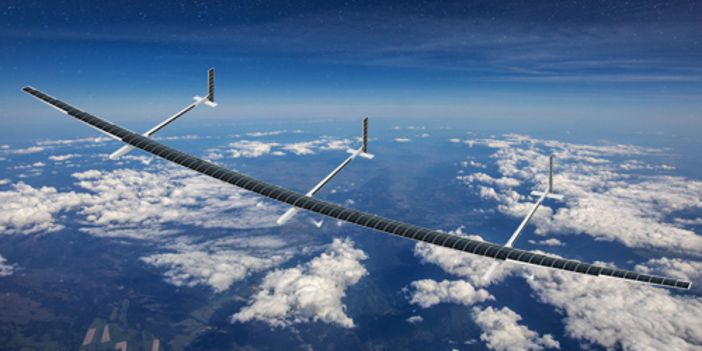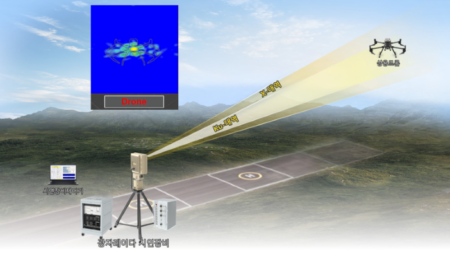Aerospace developer Aurora Flight Sciences has released details and pictures of its Odysseus “indefinite” flight aircraft.
Odysseus is a solar-powered, high-altitude unmanned drone, a type of aircraft also known as high-altitude persistent pseudo satellites (HAPS).
The drone’s design was inspired by the need for climate and atmospheric research and the aircraft’s solar cells and the lightweight materials used in its construction mean it can stay airborne indefinitely, claims Aurora.

Aurora Flight Sciences, which was acquired by Boeing in October 2017, said the platform has been developed from a research project conducted in 1988 called Daedalus, that was led by the company’s President and CEO John Langford. Daedalus conducted a human-powered, 72 mile (115km) flight between the Greek islands of Crete and Santorini.
Langford said, “Odysseus was an idea born out of Daedalus and is now a real solution to advancing the important research around climate change and other atmospheric chemistry problems.
“Odysseus offers persistence like no other solar aircraft of its kind, which is why it is such a capable and necessary platform for researchers. Odysseus will indeed change the world.”
Aurora said that Odysseus could also be used for communication and data gathering over specific locations and has a greater year-round global operating zone than any other vehicle in its class. The company added that Odysseus will be able to carry a larger payload than any other similar aircraft in development or production and is cheaper to deploy than a satellite.
There are several HAPS in development around the world, with Airbus’ Zephyr HAPS one of the most advanced projects. Earlier this year, Zephyr logged a maiden flight of 26 days to set a world record.





